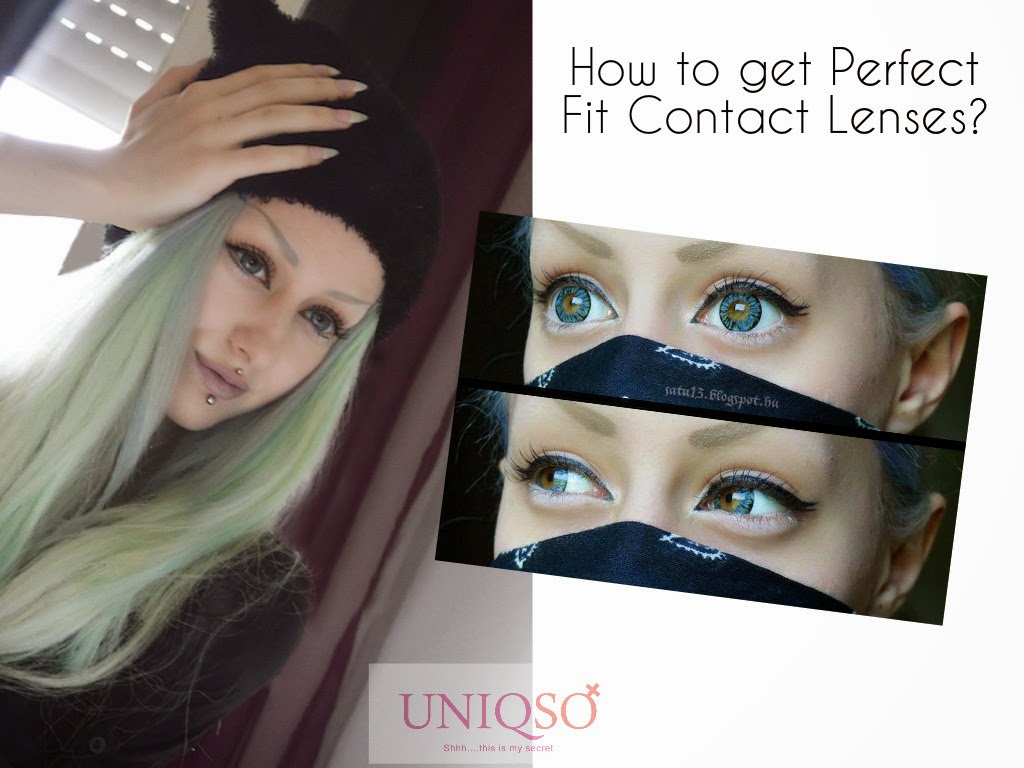According to a recent study by CDC United States (Center for
Disease Control & Prevention) approximately, 41 million American wear
contact lenses. Shockingly; nearly all of them are involved in one or more unhygienic
contact lens habits. Consumers due to ill-practices suffer from contact lens induced infections, but at the end of day they ignorantly hold their contact
lenses responsible.
Wearing substandard circle lenses, or failing to take
meticulous care of your contacts, lead towards acute injuries. This may reduce
future contact lens tolerance or above all can be fatal. Contrary, FDA approved
Korean circle contacts ensure minimum risks as they are manufactured under
state-of-art laboratories. Furthermore, ISO and other health certifications
born by these lenses guarantee health & safety. Your health is in your own
hands. Take a check on the following unhygienic 7 practices to prevent yourself
from unfortunate ocular injuries.
- Dealing contact lenses without washing your hands with soap and water
- Sleeping, washing, showering without removing circle contacts
- Failing to rub, rinse & disinfect circle lenses after each time they are worn
- Ignoring to rinse the contact lens cases
- Continuing to use circle lenses & cases past their expiry
- Adding new solution to the old solution for soaking your contacts
- Sharing contacts with friends & family.
The study found that almost all of the contact lens wearers
tend to willingly ignore the following aspects of contact lens cleanliness. The
US based contact lens survey was conducted online where 99% of the respondents were
involved in one of the following risky attitudes.
- 82.3% of them are involved in using their lens cases for more than 3 months
- 55.1% of the respondents admit that they are too lazy to throw old solution & refill the lens chambers with a fresh supply. So they rely to contact lens solution topping.
- 50.2% of the participants confess sleeping whilst wearing circle lenses.
With latest advancement contact lenses have become the
cheapest & perfect mode of vision correction. However, one should not
forget that they are prosthetic medical devices and not over-the-shelf beauty
accessory. Use circle lenses only if you are mature enough to take care of them. Lack of maturity is a no question.
It does not even make your spectacles break-proof!





